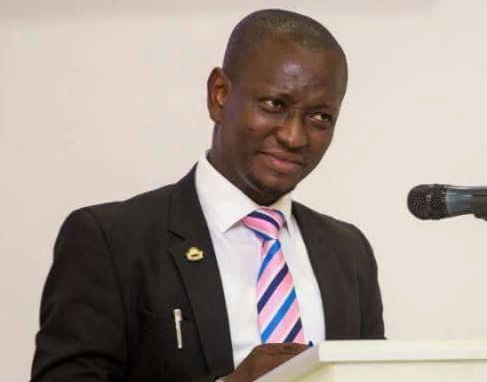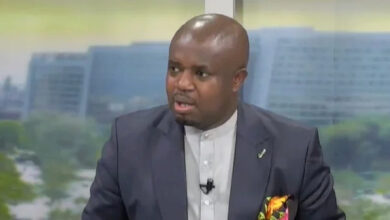Council of State’s advice on Chief Justice suspension ‘poisonous’ — Former Deputy A-G

Former Deputy Attorney General Alfred Tuah Yeboah has strongly criticised the Council of State over its recommendation that led to the suspension of Chief Justice Gertrude Araba Esaaba Sackey Torkornoo, warning that the advice could undermine judicial independence and Ghana’s democratic stability.
In an interview with Channel One TV, Mr. Tuah Yeboah described the Council’s role in the matter as “very acidic, very poisonous,” raising concerns about the broader implications of their input in such a sensitive constitutional process.
His comments come in the wake of President John Dramani Mahama’s decision on Tuesday, April 22, to suspend the Chief Justice. The President’s action followed a determination that a prima facie case had been established against her after three separate petitions were submitted. The suspension, in accordance with Article 146(6) of the 1992 Constitution, was carried out in consultation with the Council of State.
A five-member committee has since been constituted to investigate the petitions, as required by law. However, Tuah Yeboah believes the Council of State should have exercised greater caution in its recommendation to the President.
“If you take the Chief Justice out and you want to advise for her suspension, the Council of State needs to tread cautiously,” he warned. “Whatever decision they take has far-reaching consequences for judicial independence in Ghana.”
He further stressed that such decisions should not be taken lightly, noting that while the Constitution requires the Council to advise the President, that advice is not binding.
“The buck stops with the President,” he said. “But the Council’s recommendation in this instance could have dire consequences for Ghana’s democracy going forward.”
The controversy over the Chief Justice’s suspension continues to stir public debate, with legal experts, politicians, and civil society actors closely watching how the situation unfolds and what it could mean for the future of Ghana’s judiciary.





